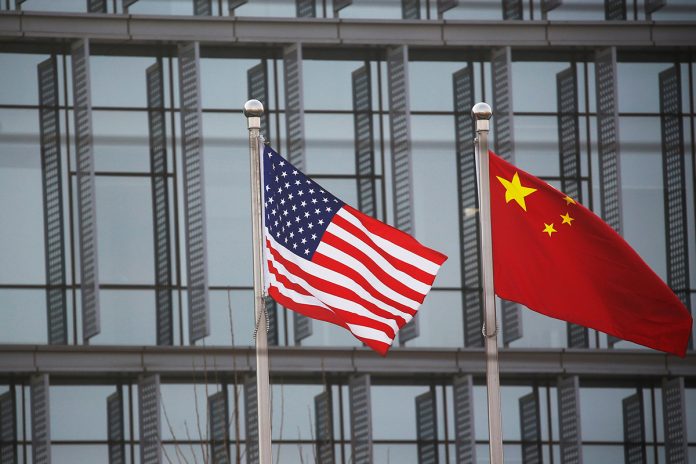На міжнародній арені розгортається новий конфлікт навколо багатих на ресурси ділянок морського дна. Як повідомляє впливове видання Bloomberg, Китай і Росія виступили проти заяв США на розширення континентального шельфу в Беринговому морі та Мексиканській затоці. Пекін і Москва вимагають від Вашингтона відмовитися від цих планів, звинувачуючи американську сторону у “порушенні міжнародного права” та “захопленні чужої акваторії”.
Під час дебатів на сесії Міжнародного органу з морського дна в Кінґстоні, столиці Ямайки, представники Китаю і Росії висловили свою незгоду з намірами США. Йдеться про територію площею щонайменше 1 мільйон квадратних кілометрів, де можуть бути значні поклади корисних копалин. Ці ресурси викликають інтерес у Пекіні та Москві, які наполягають на своїх правах на ці ділянки.
Згідно з Конвенцією ООН з морського права 1982 року, країни мають проходити тривалий міжнародний процес для узгодження меж підводних континентальних шельфів, що визначають виключні економічні права на ресурси морського дна. Наприклад, Росія, Канада та Данія (в інтересах Ґренландії) висунули свої претензії на території в Арктиці, де через зміну клімату відкриваються нові можливості для морського руху та розвідки.
Проте США, як і КНДР, не ратифікували Конвенцію ООН з морського права. Це створює юридичний вакуум, який дозволяє американцям заявляти права на території, що за міжнародними угодами могли б належати іншим країнам. У відповідь Китай і Росія закликали міжнародну спільноту до спільних дій для примушення Вашингтона відмовитися від територіальних зазіхань в океані.
Ця ситуація ще раз підкреслює важливість глобальних домовленостей щодо використання океанічних ресурсів і загрозу конфліктів у разі їх відсутності. Тепер залишається спостерігати, як розвиватимуться події, та чи вдасться досягти компромісу між країнами-учасниками.


